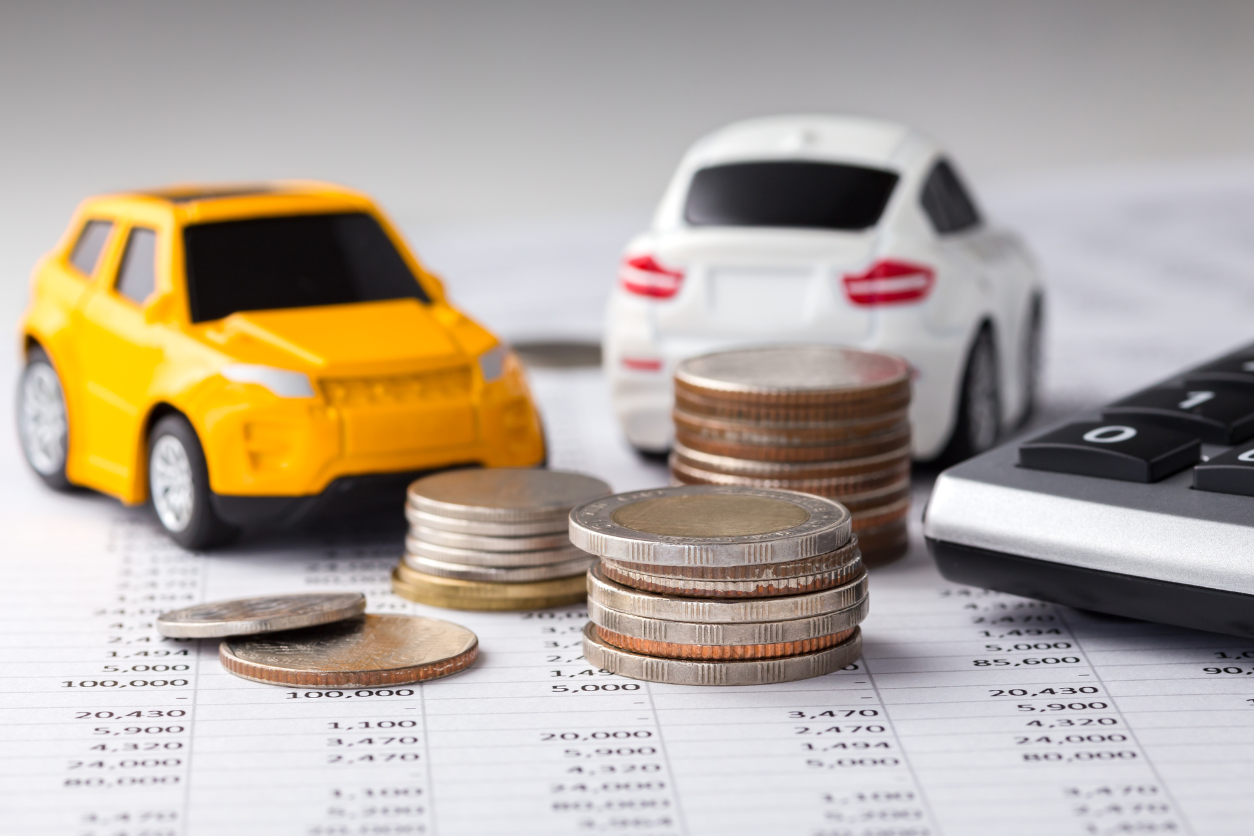As we navigate the economic landscape of 2024, deciding whether to lease or buy a car is more complex than ever. Both options have distinct advantages, but the right choice depends on your financial situation, driving habits, and long-term goals.
The Case for Leasing
Leasing a vehicle offers some appealing benefits, particularly in a volatile economy:
- Lower Monthly Payments: Leasing typically requires lower monthly payments compared to buying, which can be easier on your budget, especially with today’s high-interest rates. This makes leasing an attractive option for those looking to drive a new car without the hefty upfront cost.
- Access to New Technology: Leasing allows you to upgrade to a new vehicle every few years, keeping you at the cutting edge of automotive technology, safety features, and fuel efficiency. This is particularly beneficial as car technology evolves rapidly.
- Maintenance and Warranty: Most leased cars are under warranty for the duration of the lease, which means lower repair costs. This can be a significant advantage if you want to avoid unexpected expenses.
However, leasing isn’t without its drawbacks. You won’t build any equity in the vehicle, and there are typically mileage limits. Exceeding these limits can result in expensive fees, and you may also face charges for wear and tear when returning the vehicle.
The Case for Buying
On the other hand, buying a car offers long-term financial benefits and greater flexibility:
- Equity Building: When you buy a car, each payment goes toward owning the vehicle outright, eventually giving you an asset that you can sell or trade-in. Over time, this can be more cost-effective than leasing, especially if you plan to keep the car for several years.
- No Mileage Restrictions: Unlike leasing, buying frees you from mileage limits, making it a better option if you have a long commute or enjoy road trips.
- Customization Freedom: Ownership allows you to modify your vehicle as you see fit, whether that means adding a new sound system, custom paint job, or performance enhancements.
The downsides to buying include higher monthly payments if you finance the car, and the risk of depreciation, which can be steep in the first few years of ownership.
What Makes More Sense in 2024?
In 2024, the decision to lease or buy hinges largely on your financial situation and personal preferences. Leasing can make more sense if you prioritize lower monthly payments, like to drive a new car every few years, and want to avoid the hassles of maintenance. It’s also a smart choice in an environment of high-interest rates, as lease deals may offer better terms than financing a purchase.
However, if you plan to keep your car for the long haul, want the freedom to drive without limitations, and prefer to build equity, buying is the way to go. Ownership also shields you from the uncertainty of end-of-lease fees and gives you the flexibility to sell or trade your vehicle on your own terms.
Ultimately, the best choice depends on your lifestyle, driving needs, and financial goals. By weighing the pros and cons and staying informed about the latest deals and economic conditions, you can make a decision that aligns with your situation.
